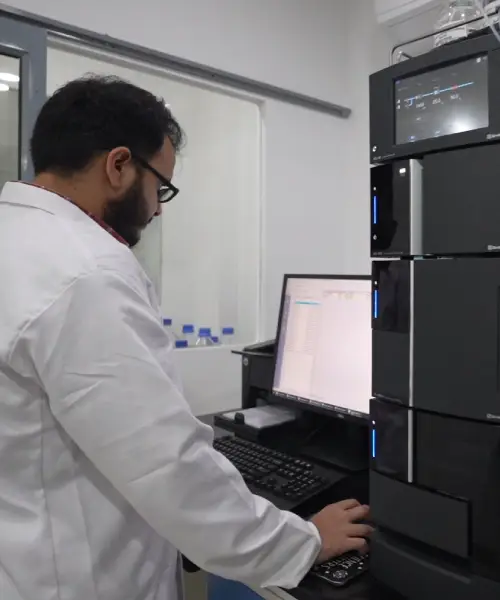
Pharma Manufacturers
In the journey from laboratory discovery to large-scale commercial production, process development is the bridge that ensures medicines are made efficiently, safely, and consistently. It plays a crucial role in translating small-scale experimental procedures into robust, scalable, and compliant manufacturing processes.
In the highly regulated biotech and pharmaceutical sectors, process development in pharmaceutical industry ensures that products maintain their identity, strength, quality, and purity-every time, at every scale.
What is Process Development?
Process development involves designing, refining, and optimizing manufacturing processes for drug substances and products. It focuses on parameters like scalability, cost-efficiency, reproducibility, and regulatory compliance.
This phase includes defining critical process parameters (CPPs), identifying optimal process conditions, scaling up from lab to pilot to commercial scale, and validating the manufacturing process. Whether it’s for biologics or small-molecule drugs, process development is central to sustainable pharmaceutical manufacturing.
Why Process Development is Important
In today’s competitive pharmaceutical landscape, speed and quality are critical. Process development drives this by:
- Shortening time-to-market for new drugs
- Minimizing waste and maximizing yield
- Ensuring compliance with regulatory frameworks like cGMP and ICH guidelines
- Improving product quality and reproducibility
- Reducing manufacturing and lifecycle costs
It’s the foundation for both operational success and regulatory approval.
Six Key Benefits of Effective Process Development
1. Improve Quality and Consistency
Robust process development ensures that the final product meets predefined quality specifications-every batch, every time. It helps establish reproducible methods that minimize variability, ensuring that patients receive the intended therapeutic benefit.
2. Optimize Efficiency and Cost-Effectiveness
Well-designed processes use fewer raw materials, reduce waste, and save energy. These efficiencies directly translate into cost savings-critical in a market facing pressure from generics, pricing caps, and reimbursement constraints.
3. Enhance Product Scalability
What works at the lab scale may not work at commercial scale. Process development ensures smooth scale-up without compromising quality. It accounts for mixing, heat transfer, and other scale-dependent factors early in development.
4. Support Regulatory Compliance
By embedding Quality by Design (QbD) principles and Good Manufacturing Practices (GMP), process development builds compliance into the process itself. This reduces the risk of delays or rejections during regulatory review.
5. Advance Risk Mitigation
Identifying critical quality attributes (CQAs) and their relationship with process variables allows teams to anticipate and prevent deviations. This proactive approach reduces batch failures and regulatory issues.
6. Pave the Way for Innovation
Modern process development embraces digital tools, automation, and data analytics. It enables continuous process improvement (CPI), real-time monitoring, and process analytical technology (PAT) for smarter, more adaptive manufacturing systems.
The Value of Early Process Development
Starting process development early in the drug lifecycle offers major advantages:
- Reduced time and cost for scale-up and validation
- Smoother technology transfer from R&D to manufacturing
- Early identification of challenges in formulation, stability, or yield
- Consistent quality from clinical to commercial phases
- Faster, smoother regulatory submissions and approvals
Early-stage process development supports long-term success by embedding scalability, quality, and efficiency into the drug from day one.
How a CDMO Can Help
Partnering with a Contract Development and Manufacturing Organization (CDMO) brings access to specialized equipment, regulatory expertise, and experienced scientists. CDMOs like SCL Lifesciences play a pivotal role in accelerating and de-risking your process development journey.
From route scouting and risk assessment to scale-up and tech transfer, CDMOs ensure that the API development process is scientifically sound, cost-effective, and compliant with global regulations. Whether you're working on small molecules, HPAPIs, or complex biologics, a CDMO partnership ensures flexibility, scalability, and technical excellence.
Conclusion
Effective process development in the pharmaceutical industry isn’t just a technical necessity-it’s a strategic differentiator. It enables companies to bring high-quality therapies to market faster, safer, and more affordably.
With increasing focus on sustainability, digital transformation, and global compliance, investing in process development ensures long-term success for pharma and biotech innovators. Whether you're developing a new drug or scaling an existing one, process development is where science meets strategy.






